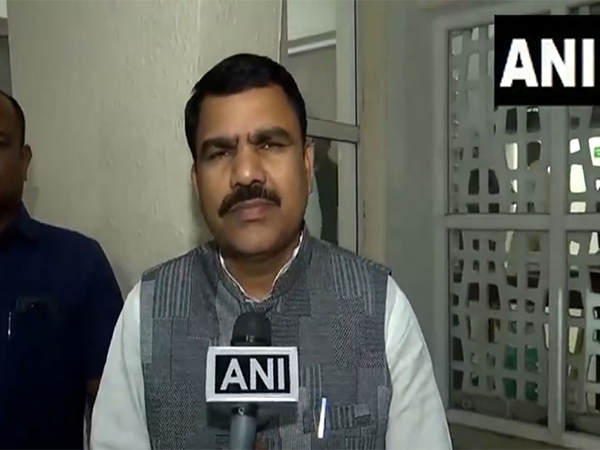Supreme Court issues notice to Centre, others on plea against electronic media
Jan 25, 2021

New Delhi [India], January 25 : The Supreme Court on Monday issued notice to the Central government and others on Public Interest Litigation (PIL) for setting up an independent, regulatory tribunal or judicial-body, that can hear and expeditiously adjudicate upon a complaint against the electronic media filed by the viewers for hate speech, fake news, paid news, communal propaganda.
A bench, headed by Chief Justice of India SA Bobde, agreed to hear the PIL and sought the responses of the government and others.
The petition filed by film-maker Nilesh Navalakha and a civil engineer Nitin Memane sought direction for an independent high-powered committee headed by former CJI or Supreme Court judge to review the entire legal framework related to media business regulations and suggest guidelines for it.
The tribunal can bring about consequences for acting in a fashion that is contrary to constitutional goals and morality, the petition said.
The plea further stated that it is not seeking to curb the fundamental rights of the media-business. It added that the plea only wants to bring about some accountability for misinformation, inflammatory coverage, fake news, breach of privacy.
The PIL urged the top court to set up a media tribunal to adjudicate upon complaints against media, channels, and networks, saying media, particularly the electronic one, has become like an "unruly horse, which needs to be tamed".
"The restrictions on the electronic media must be placed at a higher footing as over the last few years, media trials have become the order of the day. These trials not only have a prejudicial effect on the rights of the accused but also its very concept is an anathema to the administration of justice," PIL added.
It further sought guidelines outlining the broad regulatory paradigm within which media houses, broadcasters, and electronic media, can exercise their rights under Article 19(1) of the Constitution, so as to judicially regulate them.
The PIL said, "the whole self-regulatory process makes the electronic media broadcaster a judge in his own case. Since its role has changed, from service to business, and from mission to the profession, in such circumstances, it cannot mechanically be referred to as the fourth pillar, to avert all judicial attempts at regulating it."
















